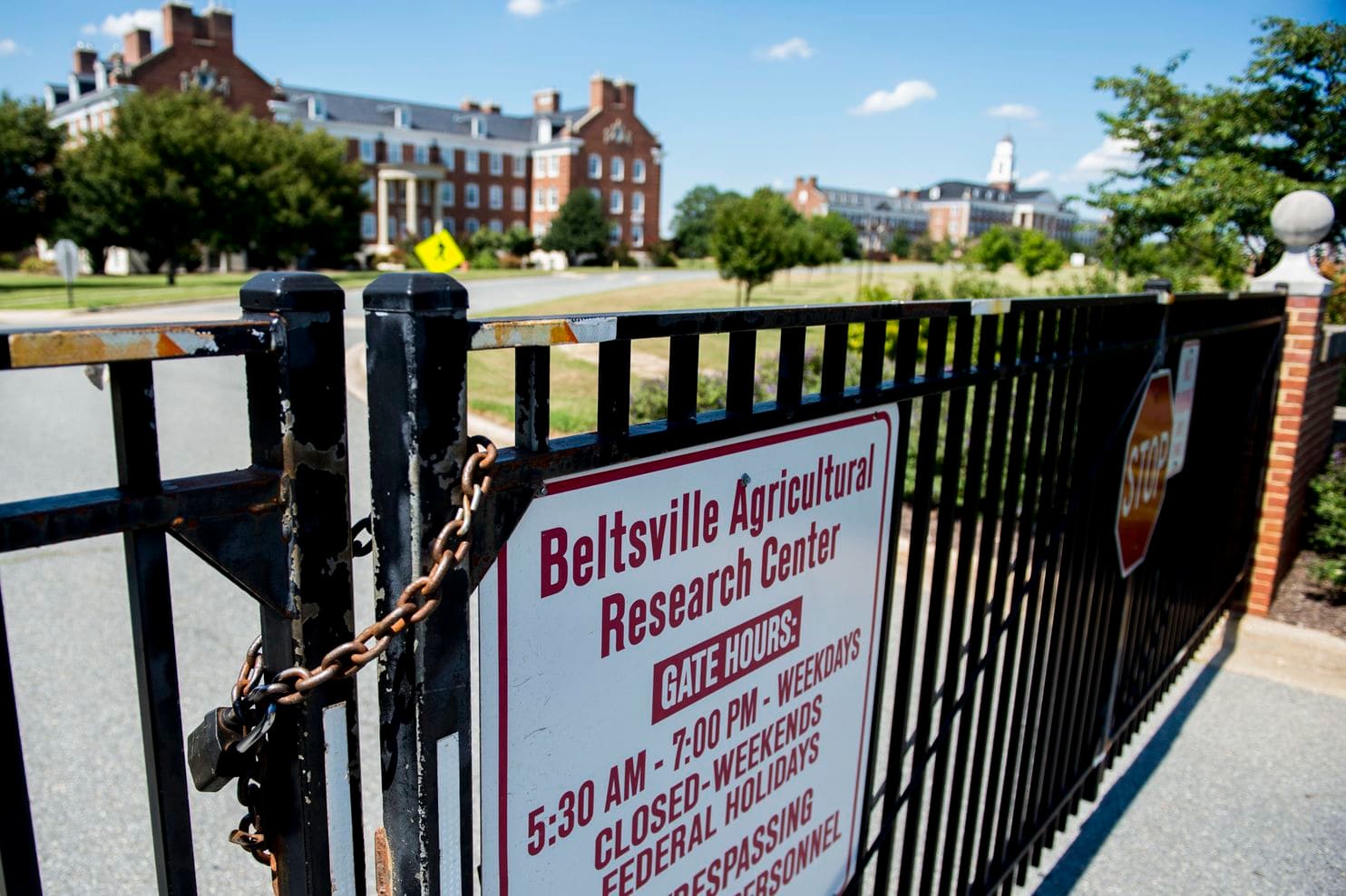Washington Post: USDA orders scientists to say published research is ‘preliminary’
by Ben Guarino | April 19, 2019
Researchers at the Agriculture Department laughed in disbelief last summer when they received a memo about a new requirement: Their finalized, peer-reviewed scientific publications must be labeled “preliminary.”
The July 2018 memo from Chavonda Jacobs-Young, the acting USDA chief scientist, told researchers their reports published in scientific journals must include a statement that reads: “The findings and conclusions in this preliminary publication have not been formally disseminated by the U.S. Department of Agriculture and should not be construed to represent any agency determination or policy.” A copy of the memo was obtained by The Washington Post and the USDA confirmed its authenticity.
The disclaimer appears to conflict with the integrity policy that governs research at the USDA, said Susan Offutt, who was the administrator of the Economic Research Service, a USDA statistical agency, under Presidents Bill Clinton and George W. Bush. The claim that reports are not “formally disseminated” runs counter to the USDA policy that “permits and, indeed, encourages researchers to publish in scientific journals,” Offutt said.
William Trenkle, the USDA departmental scientific integrity officer, released a statement in response to questions from The Washington Post that addressed the “formally disseminated” term in the required language: “Dissemination is a term of art used for publication of official positions of one or more agencies of the federal government.” It is defined, he said, as “agency-initiated or sponsored distribution” of information to the public. “Outside scientific publications can be factual presentations of data that do not present any policy or position of the federal government.”
Trenkle said in the statement that the department plans to update the disclaimer’s phrasing “in the near future.”
The disclaimer has been added to studies published in peer-reviewed journals since at least November. These include a report on pestilent moth larvae caught at the U.S. border, an analysis of food poisoning from chicken livers and a study of the SNAP food assistance program and childhood asthma.
“Any scientist reading a journal, seeing that, would be very confused by this statement,” said Ed Gregorich, editor of the Journal of Environmental Quality, which frequently publishes research by USDA scientists.
Peer-reviewed articles are the gold standard for sharing scientific information, Gregorich said. After a research team submits an article to a journal, the editors ask other experts in the subject to review the work. Those reviewers, often anonymous, check the study’s experimental designs, statistics and conclusions, and they can ask for revisions or reject the article if it is not scientifically sound.
A successful review and publication is “the end product to your research,” said Gregorich, a scientist at Agriculture and Agri-Food Canada (the Canadian counterpart to USDA). “It is now finalized. There’s nothing preliminary about it.”
Trenkle said in his statement: “Recognizing that there could be some potential confusion, if the word ‘preliminary’ remains, then guidance to the research community would be appropriate.”
Gregorich has not encountered the new disclaimer in a submission he has edited. But if an author asked to include it, he said, “I guess we’d have to allow it.”
Christine McEntee, director of the American Geophysical Union, a scientific organization that includes soil and agricultural scientists, worried about the “potentially misleading” language of the disclaimer. If a scientist submitted research that included the phrase “preliminary” to a journal, an editor might reject the paper under the impression that it was not robust enough to publish.
“We hope that it’s not interfering with the dissemination of scientific findings that are important for the public,” McEntee said.
Before releasing scientific publications, USDA science agencies send them through the department’s Office of Communications. Although the communications office is not supposed to influence a paper’s conclusions, tensions may arise between scientific results and an administration’s agenda, Offutt said.
Offutt also criticized the department because it did not publicly announce this change.
“What’s on the books is the scientific integrity policy from 2016,” she said. “The public’s entitled to know what criteria and what standards are applied when research is published using their tax money.”
The disclaimer was described as the “result of a high-level compromise” in internal correspondence between USDA employees that was obtained by The Washington Post. This compromise preserved “our ability to publish scientific research without having to get it officially reviewed as representing USDA policy. This is only an interim policy. [Agriculture Department Secretary Sonny Perdue] has asked for a new guideline to be issued in the fall,” a USDA employee wrote. A new guideline was not issued in the fall.
“The disclaimer policy is under development and will be released when it is finalized,” Trenkle said in the statement. “If any changes impact the scientific integrity policy, we would incorporate them into the next revision of the departmental regulation.”
The memo includes other unusual guidance. It requires the disclaimer, in font as large as that of the scientists’ names, to be displayed in presentations at scientific conferences. It bans scientists from including “personal view” statements, language that federal employees have often used to distinguish research articles they author from policy documents issued by the agency. Such a statement might read, in part: “opinions expressed in this article are the author’s own,” as suggested by the National Institutes of Health.
“Lack of guidance on departmental usage of disclaimers was identified during a review of publication policies,” Trenkle said in the statement. In particular, Trenkle said, USDA officials expressed ethics concerns about personal view statements.
Offutt disputed the idea that federal scientists would raise ethical conflicts by publishing their research results.
“It’s not obvious to me how ethical concerns could arise if the peer-reviewed standards for quality have been met,” she said.
